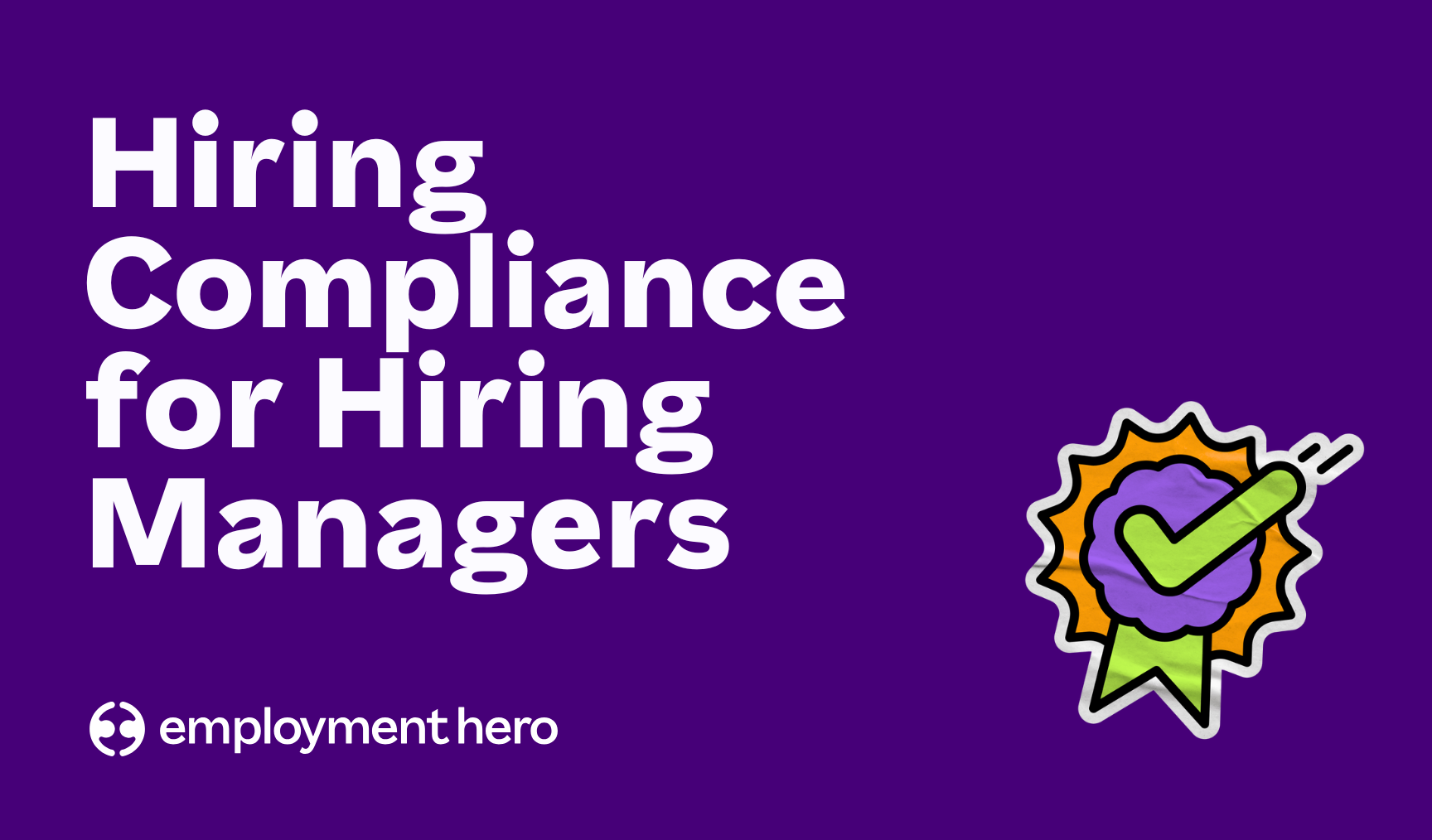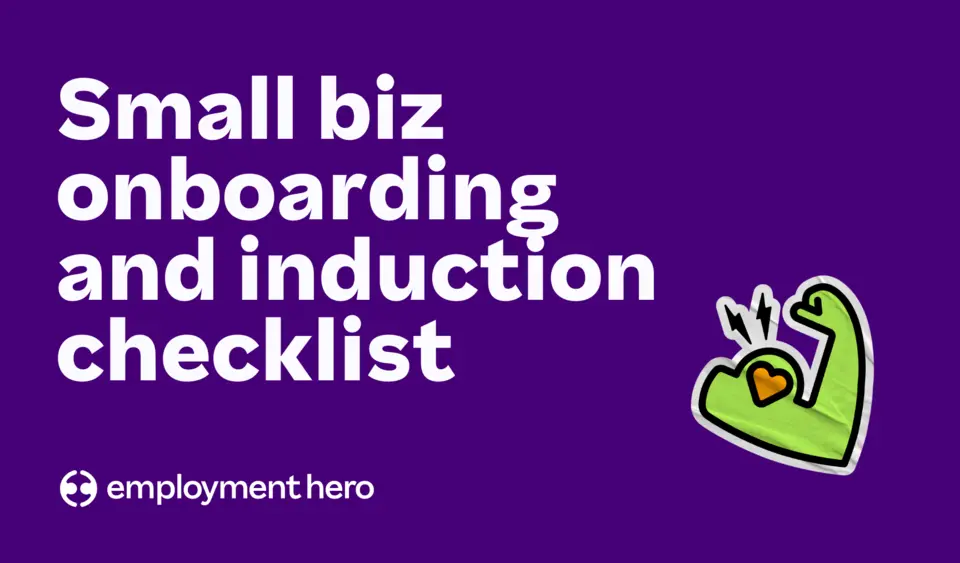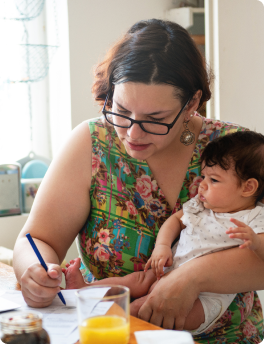Family Violence Leave in New Zealand Explained
Published
Family Violence Leave in New Zealand Explained
1 min read
In 2018, the New Zealand Government brought in Family Violence Leave to support victims of domestic violence at work. It was a big step – New Zealand is the only country other than the Philippines to have this type of national employment leave.
We know that understanding the different types of leave can be confusing for both employers and employees. Our factsheet is here to break down everything you need to know about family violence leave.
The factsheet covers:
- What is defined as family violence
- Leave entitlements for employees
- Eligibility requirements for family violence leave
- How employers can support employees experiencing family violence
What is family and domestic violence?
Family violence (also known as domestic violence) is the term for all forms of violence in family and intimate relationships. It doesn’t just include physical violence, but sexual and psychological abuse as well.
Is family violence leave supported by New Zealand employment law?
Yes, paid family violence leave is part of the Domestic Violence – Victims’ Protection Act 2018. This Act, along with the Holidays Act 2003, governs the key entitlements, pay obligations and conditions of family violence leave in New Zealand.
How much paid family violence leave are employees entitled to?
Under the Act, employees affected by family violence are entitled to:
- Take 10 days of paid family violence leave per year (paid at the rate of average daily pay).
- Ask for short-term flexible working arrangements for up to two months.
- Not be treated adversely at work due to their circumstances.
Entitlements for employees begin when the employee has worked for the same employer for six consecutive months, although the employer and employee may reach an agreement to take the leave in advance if they’re not yet at that milestone.
Whether the leave is granted or not, employers must give the employee information about at least one suitable family violence support service that can provide help. They can do this when they give their written answer to the employee’s request for family violence leave.
Flexible working arrangements
All eligible employees can request short-term flexible working up to 2 months as part of paid family violence leave. These flexible working arrangements can involve a change in job responsibilities, a change of location, or different starting and finishing times.
Employers must respond within 10 days of this request being made, and it must be considered fairly, honestly and in good faith.
Which employees are eligible for these leave entitlements?
Any employee who is affected by family violence, or supporting a child who has experienced family violence, can take this type of leave.
Employers are entitled to ask for proof of family violence, but should consider carefully the challenges of acquiring this proof, especially in situations which can change quickly.
It’s important to note that it doesn’t matter when the family violence took place. Even if the family violence occurred before the employee started working for the current employer, they can still apply for family violence leave.
How can employers provide support to employees who have experienced family violence?
Employers are legally bound to give eligible employees the option to request family violence leave. However, to support your employees in a challenging and stressful time, there is more you can do. Here are some ideas.
Respond to their request in a timely manner
In situations where family violence is involved, issues at home often have to be addressed quickly. To support your employees, ensure that you respond to any family violence leave requests in good time. While the Act states that you only need to provide a written answer within 10 days, the sooner the better.
Maintain confidentiality
It is critical that you respect your employee’s confidentiality when it comes to sensitive personal issues. Ensure that the type of leave request and the reasons behind the family violence leave remain on a need to know basis in the company, and that the employee is aware of who is informed.
Ask whether there’s anything else you can do
Knowing that their employer is there for additional support can be a great help for an affected employee. When it comes to supporting your employee, it’s always best to just ask them. They’ll know best what you can do to make things easier for them, whether it’s ensuring greater security in the office, removing their public contact information on the company website, or facilitating some pay in advance.
New Zealand organisations who support victims of family violence
Here’s a few leading New Zealand organisations to support those affected by family violence:
Employers are legally obligated to provide details of support services when they receive a family violence leave request.
Find out how Employment Hero can help you in managing leave entitlements
Family violence leave is just one type of leave in New Zealand. With plenty of different leave types, we know that negotiating and tracking leave requests can be a challenge. Not only do you have to ensure leave requests are being channelled through the correct places, but there’s payroll compliance to consider too.
Let Employment Hero do the admin for you with our comprehensive leave management software. It’s purpose-built to support you in taking the right steps. We help employers streamline leave management – talk to one of our business specialists to learn more.
Disclaimer: The information in this article is relevant as at 13 September 2023, and has been prepared by Employment Hero Pty Ltd ABN (11 160 047 709) (Employment Hero). The views expressed herein are general information only and are provided in good faith to assist employers and their employees. The Information is based on data supplied by third parties. While such data is believed to be accurate, it has not been independently verified and no warranties are given that it is complete, accurate, up to date or fit for the purpose for which it is required. Employment Hero does not accept responsibility for any inaccuracy in such data and is not liable for any loss or damages arising either directly or indirectly as a result of reliance on, use of or inability to use any information provided in this article.
Related Resources
-
 Read more: Recruitment compliance do’s and don’ts: Hiring compliance for hiring managers
Read more: Recruitment compliance do’s and don’ts: Hiring compliance for hiring managersRecruitment compliance do’s and don’ts: Hiring compliance for hiring managers
Published 1 min read Having responsibility for a business’s approach to hiring can be daunting: how do you ensure all…
-
 Read more: Hiring Issues Holding You Back? The Business Owner’s Guide to Competing for Top Talent
Read more: Hiring Issues Holding You Back? The Business Owner’s Guide to Competing for Top TalentHiring Issues Holding You Back? The Business Owner’s Guide to Competing for Top Talent
Published 1 min read Hiring great people is one of the most powerful ways to grow your business – but…
-
 Read more: Dodge Thousands in Fines, Keep Great Staff: Onboarding Checklist
Read more: Dodge Thousands in Fines, Keep Great Staff: Onboarding ChecklistDodge Thousands in Fines, Keep Great Staff: Onboarding Checklist
If you run a business with under 10 staff, this onboarding checklist will help you get the most out of…










